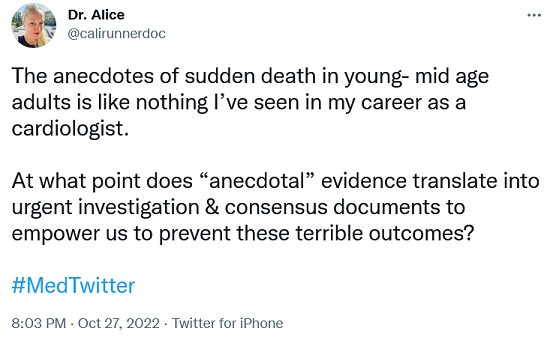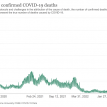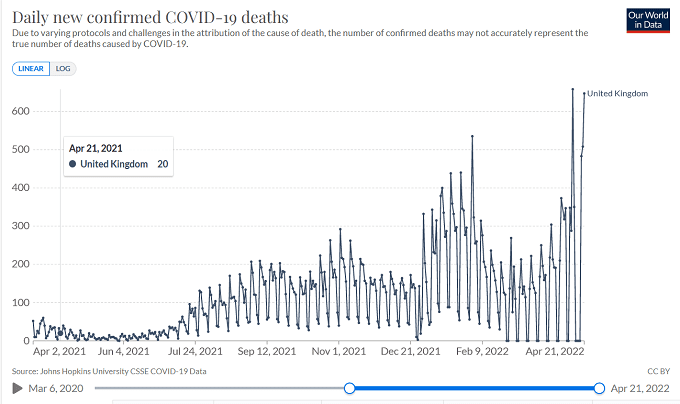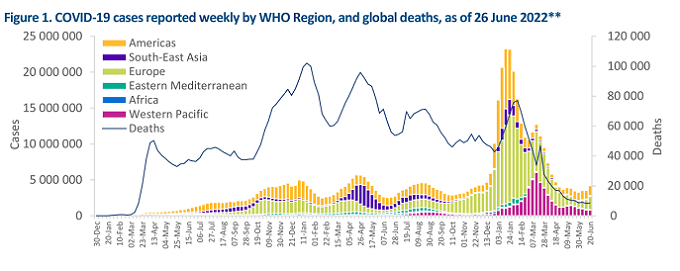
Hospitalized Covid-19 patients have 118 times greater risk of death than outpatients
Hospitalized COVID-19 patients were at dramatically higher risk for death, a blood clot in a vein, heart failure, and stroke within 30 days.
Heart attack, stroke, heart failure, atrial fibrillation, venous thromboembolism (VTE; blood clot in a vein), pericarditis (inflammation of the heart lining), or death from cardiovascular causes, ischemic heart disease, or any other cause occurred in 9% of COVID-19 patients and 0.7% of controls.
COVID-19 outpatients were more than 10 times as likely as uninfected controls to die of any cause and nearly 3 times as likely to develop VTE. But the most severe cardiac outcomes occurred among patients hospitalized for COVID-19, who were at 118 times the risk of death as outpatients; in comparison, the risk was 64 times as high among COVID-19 patients hospitalized for other reasons.
Compared with controls, patients hospitalized for COVID-19 were at more than 27 times the risk of VTE, upwards of 21.5 times the risk of heart failure, 17.5 times the risk of a stroke, nearly 15 times the risk of atrial fibrillation (irregular, rapid heart rhythm), 14 times the risk of pericarditis, and 10 times the risk of a heart attack.
The greatest risk of new cardiovascular disease diagnoses, particularly for atrial fibrillation, VTE, pericarditis, and all-cause death, was in patients hospitalized for COVID-19 and in the first 30 days after infection. The risk, however, especially for heart failure, atrial fibrillation, VTE, pericarditis, and all-cause death, remained elevated beyond 30 days but at a lower level.
BMJ Study: Cardiovascular disease and mortality sequelae of COVID-19 in the UK Biobank
And it’s not just the hospitalized either…
WHO: Vaccines won’t save us. We’ll have to learn to live with the virus
Photo by Joshua Earle on Unsplash







